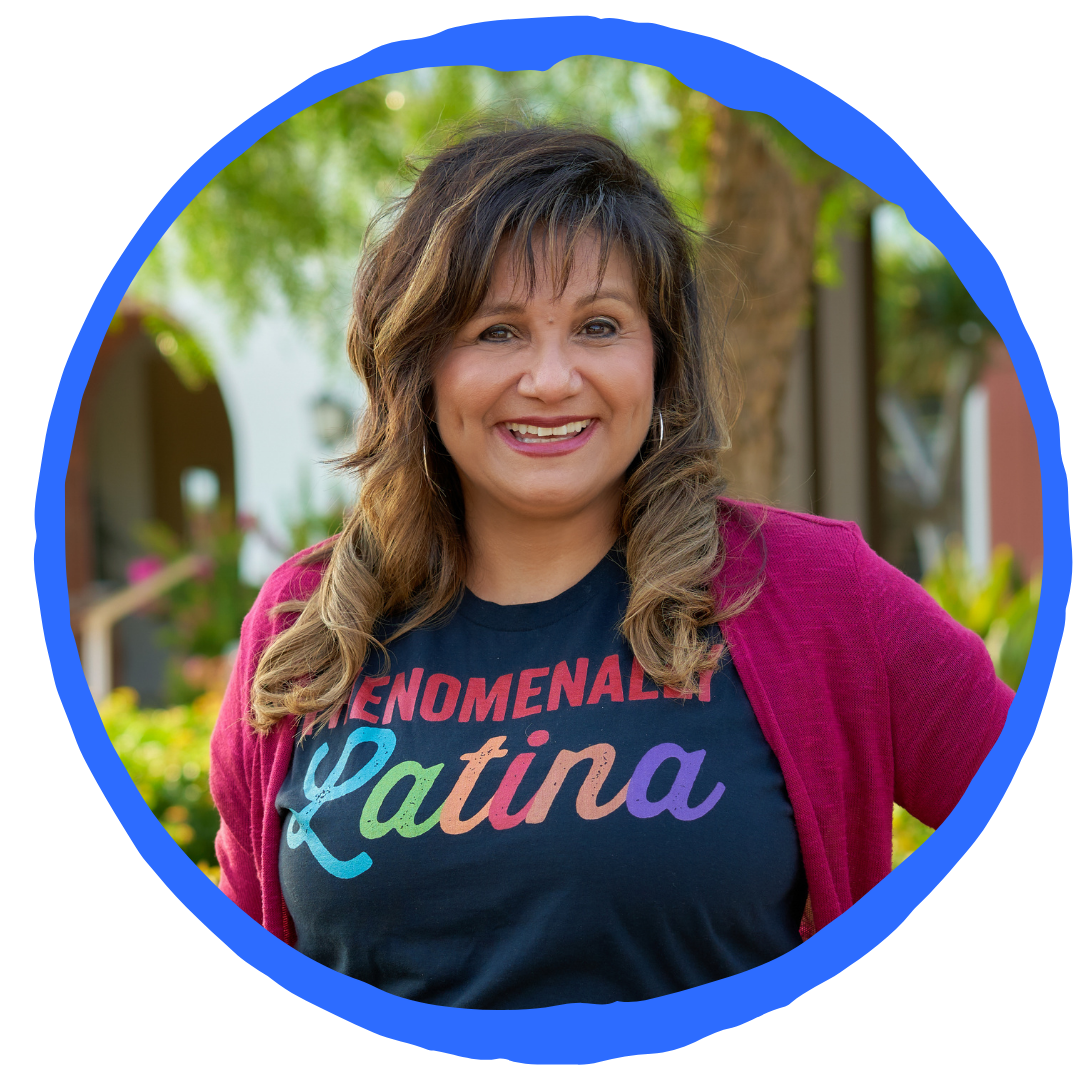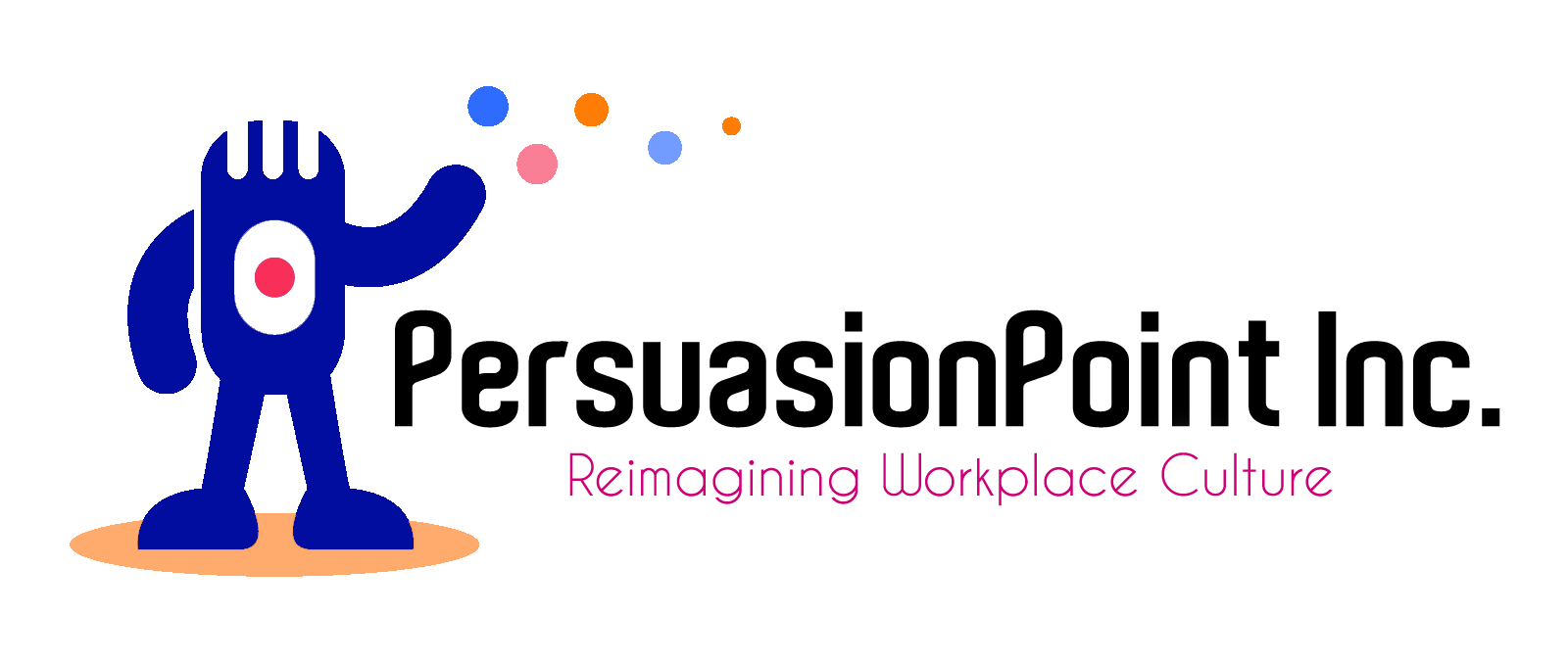Picking up where we left off (click here to go to Part 2)…
Important Realities about Incoming Legal Associate Classes
Additional data related to general demographic trends are also important factors to consider when making decisions about the future of work in general, and the future of law firm work in particular:
First, the numbers
Law firm leaders (all organizational leaders, in fact) must become familiar with nuances involving Gen Z: the generation of attorneys who will begin joining law firms in large numbers over the next few years. Forward-looking leaders who want to help their firms thrive understand that this requires making business adjustments today rather than wait.
To start, Gen Z is the most racially and ethnically diverse generation yet, as reported by NPR and summarized by Pew Research Center research (the research also notes that this generation will also be the best educated in history). In fact, Brookings notes that “the US will become ‘minority white’ in 2045,” according to census projections.
Additional demographic research, including some conducted by Pew, notes that “the most common age among whites is 58 – more than double that of racial and ethnic minorities.”
In short, while a common trendy phrase is that “the future is female,” the future in the US is also most definitely racially and ethnically diverse. Law firms (or any organization) cannot afford to wait one minute longer to incorporate diversity, equity, inclusion, belonging and the elimination of bias into their core business goals.
But wait, it’s more than just numbers
As I outlined in a previous article related to addressing the needs of the modern workplace, today’s employees expect to be accommodated, expect a culture of transparency and trust, and reject labels (opting instead for authentic inclusion). ![]() Therefore, a discussion about law firm diversity, equity, and inclusion initiatives is incomplete without a focus on workforce expectations – those of today and tomorrow.
Therefore, a discussion about law firm diversity, equity, and inclusion initiatives is incomplete without a focus on workforce expectations – those of today and tomorrow.
More specifically, a modern workplace must understand that Gen Z sees issues of diversity, inclusion, and equity as a no-brainer. In a recent comprehensive study conducted by Deloitte and the Network of Executive Women, the researchers concluded:
“Diversity is the watchword for Gen Z: Diversity matters to them through many dimensions, not just isolated to race and gender, but also related to identity and orientation. Gen Z prioritizes diversity — across race, gender, and orientation — more than any other generation and companies should as well.”
In fact, according to an Inc. Magazine article, members of Gen Z value workplace culture – including diversity and inclusion – more than pay (but also: pay them). Other important diversity, equity, and inclusion topics leaders must consider in order to address Gen Z expectations include: gender identity, sexual orientation and disability accommodations.
Gender Identity and Sexual Orientation
Prof. Jean Twenge of San Diego State University has been at the forefront of conducting research on Gen Z (called iGen in her research). A summary of her groundbreaking book states:
“Gen-Z are growing up in a VUCA world – volatile, uncertain, changing and ambiguous. In such a world, there are no certainties and no absolutes. Everything is fluid. As a result, Gen-Z identity is fluid, and change and diversity are championed. Gen-Z is the first generational cohort for which the majority does not identify as exclusively heterosexual (only 48% identify as exclusively heterosexual). As we’ve seen Facebook offers 58 different genders.”
Accommodations for Diagnosed Mental Health Issues and Learning Disabilities
According to the National Center for Education Statistics, 14% of 3-21 year-olds had some educational accommodation because of a learning disability. Add to this the astronomical rise in Gen Z mental health issues, which, according to Prof. Twenge’s research, includes nearly 30% of girls and 20% of boys who have an anxiety disorder that impedes their daily function, and 50% of 12-17 year-olds experience a major depressive episode.
Pandemic isolation in 2020, and going into 2021, will likely only compound this Gen Z characteristic. As the coronavirus pandemic continues to effect the mental health of a majority of our global population, it has the potential to disproportionately impact Gen Z.
At the educational level, students receive a myriad of accommodations for conditions such as ADHD, dyslexia, anxiety disorder, sensory disorders and various others. Accommodations generally mean alterations to how a student learns – so changes to the environment, curriculum format or equipment to allow these students to follow the typical curriculum (for example, tests given orally rather than in writing, quiet spaces, additional time to complete tests, etc.).
While these accommodations have worked well in the educational setting, they are not necessarily transferable to the workplace. Some might be, but others will not be considered “reasonable accommodations” (a term of legal art).
This area of diversity – preparing for an increased number of requests for accommodations based on expectations set at the educational level – is a topic that almost no workforce is ready to handle.
Additional realities affecting recruitment and diversity
One lesson law firm leaders must take away from the statistics is that recruiting talent in general, and diverse talent in particular, will become more challenging in the coming years. Adding to this difficulty is the reality that fewer people are attending law school, making the pool of candidates smaller. A recent article discusses the fact that law school applications are low, even accounting for a bump in applications following the 2016 election. A decreased interest in legal careers means recruiting (and retaining) top talent will become more and more challenging in the years to come.
Adding to that reality? The incoming generation of attorneys has a different view of work. Some examples include:
- Concerns with burnout (many of these students watched their parents work too hard, sacrifice work-life balance, and in some cases lost much of their savings during the Great Recession of 2008). A Harvard Business Review article recently discussed the need for organizations to deal with the realities of employee burnout and that Gen Zers put the responsibility for preventing burnout squarely on the shoulders of employers.

- Though Gen Z is much more pragmatic and realistic than Millennials (see, for example, this McKinsey study), they are much more concerned about issues of income inequality and working for companies who embrace ethical decision-making.
 They want to work for an organization that “does good” in the world – or at least one that not do harm (see, for example, this New York Times article about the “techlash seen on college campuses”).
They want to work for an organization that “does good” in the world – or at least one that not do harm (see, for example, this New York Times article about the “techlash seen on college campuses”).
Bottom Line
In addition to ramping up efforts related to ”traditional” diversity and inclusion components (primarily gender and race/ethnicity), law firms must prepare to address diversity with much broader definitions in mind. Organizations need to be ready to meet the expectations of an incoming generation of attorneys who reject labels, want to maintain a balance between their life and their work, want to work for companies who help society, expect to be accommodated, and consider corporate diversity, equity, and inclusion as a given not an exception.

About PersuasionPoint
Patti Perez is the founder and CEO of PersuasionPoint, a consulting and training firm focused on helping organizations navigate conflict, misconduct, and high-stakes decisions with fairness, clarity, and credibility. She is the award-winning author of The Drama-Free Workplace (Wiley) and the creator of Mastering Workplace Investigations, a human-centered training program designed to strengthen investigative judgment, reduce bias and noise, and build trust at critical moments.
Through training, advising, and leadership development, Patti helps organizations move beyond compliance to create cultures rooted in transparency, curiosity, and organizational justice.
Email Patti directly at Patti@PersuasionPoint.com.
